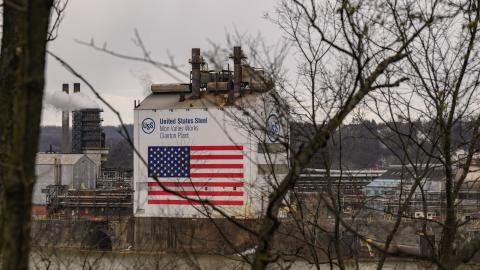Youngstown, Ohio
In 1979 labor lawyer and civil rights activist Staughton Lynd chronicled the demise of the steel mills in Youngstown, Ohio, for the New York Review of Books. He wrote that although “the first response of many steelworkers and others in Youngstown . . . was to blame the Japanese,” what actually happened was that “most of the American steel industry has become technically obsolete.” He admitted that “Japanese steel companies may at times dump steel on American markets” but concluded that “fundamentally their lower prices are based on actual savings in cost.”
While many factors led Youngstown’s mills to shut down, including growth in global steelmaking capacity coupled with a slowdown in demand, all this took place amid a technological transformation. Steelmaking was moving away from open-hearth furnaces toward the more efficient basic-oxygen furnace. Foreign steelmakers, many of whose mills had been rebuilt after World War II using basic-oxygen technology, could produce steel more quickly and cheaply. Basic-oxygen furnace designs were also more energy-efficient, something that became important during the energy crises of the 1970s.











